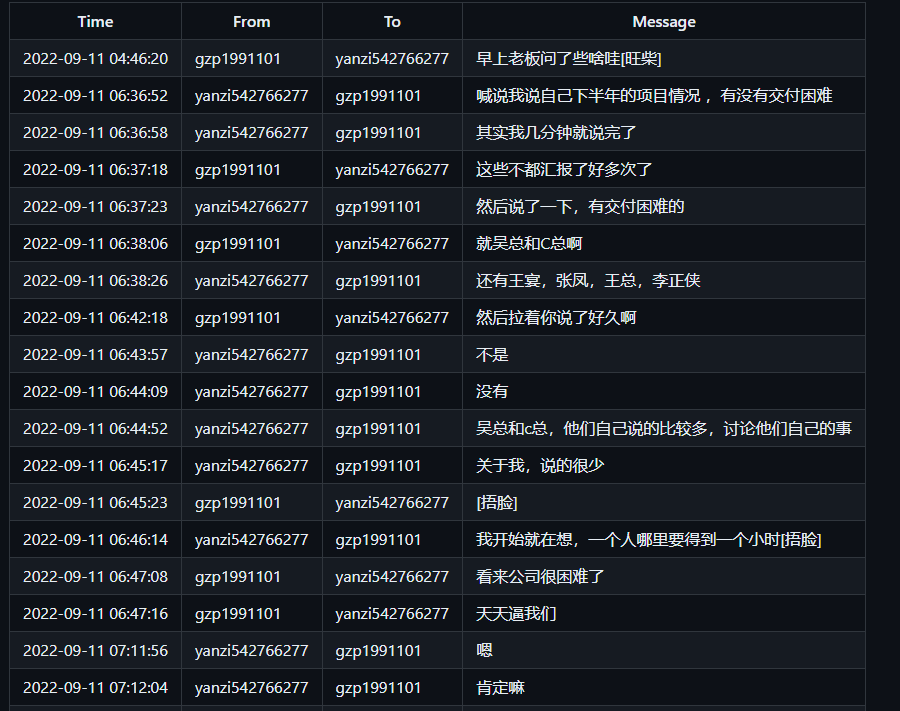A significant data breach has been reported, involving a private industry contractor for the Chinese Ministry of Public Security (MPS), known as iSoon (alternatively referred to as Anxun). This breach has brought to light a considerable volume of sensitive data, underscoring potential implications for espionage activities globally.
The Nature of the Breach
The breach was made public through a repository on GitHub, attributed to iSoon, and includes a wide array of sensitive materials. Among the contents are spyware programs, detailed accounts of espionage operations, and references to a specialized “Twitter Monitoring Platform.” This incident mirrors the severity observed in previous breaches such as the NTC Vulkan case, highlighting the critical nature and possible ramifications of the leak.
Contents of the Leak
The leaked information is comprehensive, covering various aspects of the contractor’s operations and internal communications. Although the documents’ authenticity is yet to be confirmed, the leaked data suggests intricate details of espionage strategies and the deployment of surveillance technologies.

The disclosed data is categorized into several sections, reflecting different operational and internal aspects of iSoon. Initial links provide insights into allegations of iSoon’s deceptive practices towards national security agencies. Subsequent sections reveal employee grievances, financial difficulties faced by the company, and communications between high-ranking officials within iSoon, including dialogues between the top executive Wu Haibo and his deputy, Chen Cheng.
Further exploration into the leaked documents exposes criticisms of iSoon’s product quality and detailed information regarding the range of products developed by the company. Notably, the data extends to discussions about iSoon’s engagements beyond China’s borders, including infiltration efforts targeting government departments in countries such as India, Thailand, Vietnam, South Korea, and NATO member states.
Implications and Concerns
This breach raises significant concerns about the security measures in place within the MPS ecosystem and the broader implications for international cybersecurity. The exposure of such detailed information on espionage operations and surveillance capabilities poses questions regarding the potential for misuse of this data and the impact on global security dynamics.
As investigations into the breach continue, the focus remains on understanding the full scope of the leaked information and the steps necessary to mitigate any adverse effects resulting from this exposure. The incident underscores the need for robust cybersecurity defenses and international cooperation to address the challenges posed by espionage and data breaches in the digital age.
This unfolding situation serves as a stark reminder of the complexities and risks associated with cybersecurity in the context of national security and international relations. The global community watches closely as further details emerge, seeking to grasp the full implications of this significant data breach.



